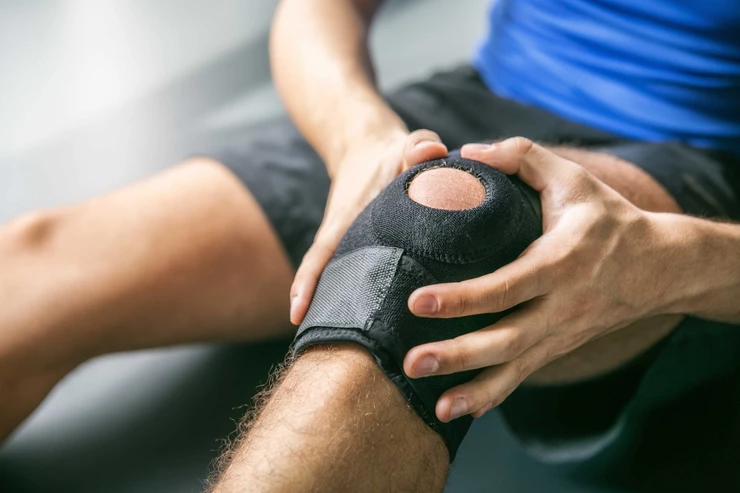Flu season is upon us. With so much talk in the media surrounding the COVID do’s and don’ts, there is no better time to improve your health. The immunocompromised have always been, and will continue to be, at greater risk of infections from things like viruses and bacteria.
But what about those of us who just simply aren’t getting enough sleep, or aren’t eating the right foods and may be carrying a little more around the mid-section than we would like? Fortunately, there is a way to improve our immune system response by following these five tips.
1. Eat Whole Foods
COVID-19 has been shown to spike the immune system production of inflammatory chemicals (Cytokines) produced by the body. Therefore, eating a non-inflammatory diet seems like a no-brainer.
Eating whole foods and avoiding processed foods will help decrease inflammation and improve the immune system. Healthy whole foods include, leafy green vegetables, nuts (excluding peanuts), avocado, fish, organic pasture raised meat and olive oil.
As Michael Pollan would say, “don’t eat anything your great-grandmother wouldn’t recognise as food”.
2. Vitamin D3/K2
Getting enough Vitamin D is crucial to the immune system and has been linked to protect against flu development, respiratory diseases and decrease inflammatory markers in people who are overweight. You can get Vitamin D from sunlight, salmon, egg yolks, or you can supplement with Vitamin D. The literature is varied with dosage but anywhere from 400-6000iu has been considered safe and effective.
3. Zinc
Zinc is essential for activating T-Cells and increasing energy production. Both important for bolstering the immune system. Zinc dosage ranges from 15-30mg, 1-2x per day.
4. Sleep
Sleep is arguably the most critical factor for improving overall health. As Sleep Researcher, Matthew Walker, says, “the number one predictor for a shorter lifespan is a shorter sleep”. You should be aiming to get 7-9 hours of sleep in a cool, dark room to fully reap these benefits.
There are a number of ways to increase your chances of getting 7-9 hours sleep. For example, setting a consistent bedtime routine, maintaining a cool and dark environment, keeping technology out of the bedroom, or even performing some breathing exercises (e.g. 3sec inhale, 4sec hold, 7sec exhale) which will stimulate the parasympathetic nervous system (rest and digest).
5. Move!
Exercise is the free pharmaceutical that everybody has access to. Exercise improves cardiovascular health, lowers blood pressure and helps to control bodyweight. Remember, adipose tissue (fat) is inflammatory! The more inflammation you have within the body, the less energy it has to fight off infection. Exercise daily for 30-60 minutes to improve your immune system.
If you need help formulating an exercise regime, feel free to get in contact with our experienced team of physiotherapists, who can tailor an exercise program to fit your lifestyle and fitness levels.
Remember, motion is lotion.
Ryan Barron
Senior Physiotherapist




Leave a comment…